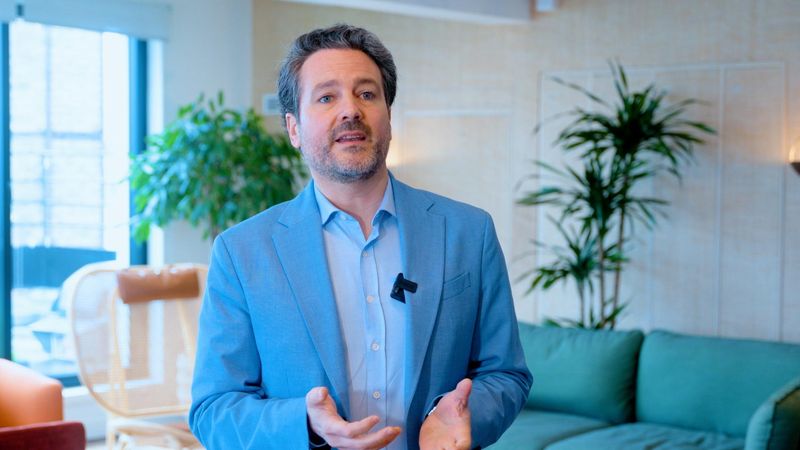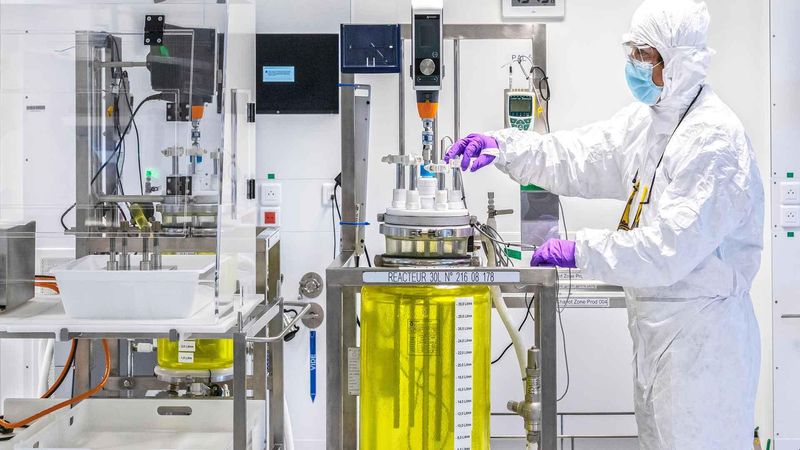Peoples’ health and the environment are inextricably linked. At Sanofi, our dedication to improving people’s lives goes beyond developing life-changing medicines and vaccines: it encompasses our contribution to the environment and the society. We’ve set clear goals and are mobilizing our employees and partners to join us in taking action for the planet.
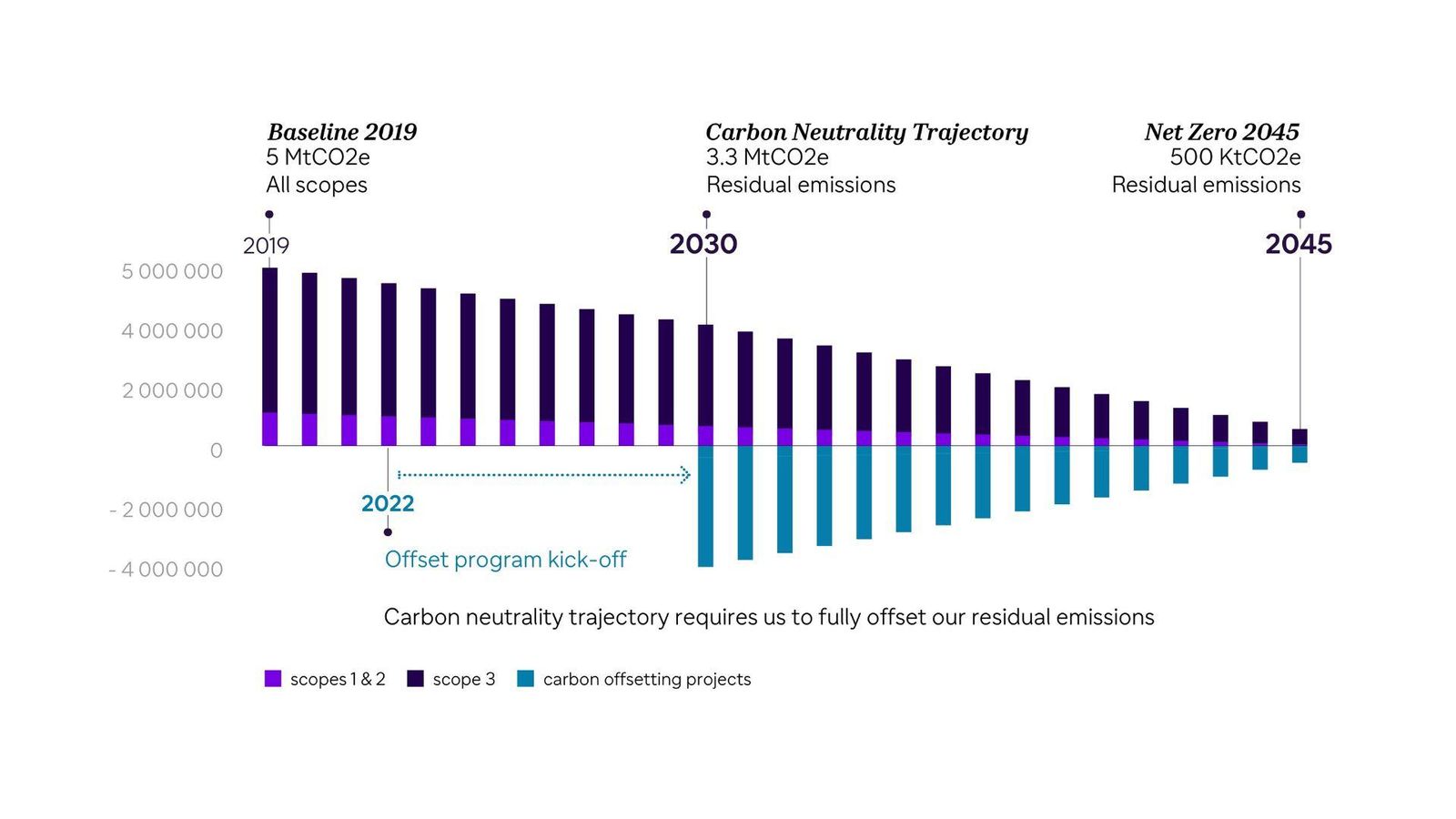
Fighting Climate Change
As a healthcare company, we understand the urgency of addressing climate change. We’re committed to the United Nations’ Race to Zero initiative, taking bold action to mitigate climate change. We aim for net zero greenhouse gas emissions by 2045 (all scopes), with a trajectory towards carbon neutrality by 2030.
Our strategy focuses on a 90% reduction in emissions across our value chain by 2045 (vs. 2019) while offsetting residual emissions from 2030 through high-impact, community-centered projects, ensuring the highest standards of integrity and impact.
We’re adopting an approach that combines energy efficiency (consume less, consume smarter), with decarbonization of our energy supplies (consume differently).
We’re making progress on our action plans to reduce greenhouse gas (GHG) emissions from our activities (scopes 1 & 2) with a target of 55% by 2030, and help our partners reduce GHG emissions (scope 3) with the goal of reaching 30% by 2030.
Progress for which we’ve been recognized among the leadership band on the CDP for our commitment, actions and transparency on climate change for the fourth consecutive year.
Limiting Our Impact on Nature
Our ambition for nature focuses on optimizing and turning waste into resources, thinking of water as a valuable local resource, and preserving biodiversity through global and local actions.
Our circular economy ambition places waste reduction and circularity at its heart. Our operational waste objective is that, by end-2025, at least 90% of our waste will be reused, recycled or recovered and that all our sites will be landfill-free (<1%). Part of our post-consumer waste approach is to foster greater circularity through packaging & device design for reuse & recycling.
By 2030, we’ve set clear targets to sustain our water withdrawals at 15% less than 2019, ensuring we use this vital resource even more efficiently. Acknowledging that water challenges are specific to each watershed and need to be addressed at local level, we are implementing water efficiency management plan supplemented by context-based targets on all our manufacturing sites by 2030.
We have also adopted a proactive approach to minimize the potential impacts on ecosystems of pharmaceuticals in the environment.. By end-2025, all production sites will have implemented a plan to monitor, manage and reduce emissions of pharmaceutical residues in wastewater wherever needed. And by 2030, we will implement a global program to promote responsible use and the proper disposal of unused medicines.
By 2030, all our sites located near biodiversity sensitive areas will have developed specific biodiversity management plans. By end-2025, those plans will be in place for all our priority sites, and all relevant sites will have at least one biodiversity initiative in place. Our ambition now includes as well sourcing priority raw materials from deforestation-free sources.
Innovating With Purpose
Eco-design
We are reimagining the future of healthcare through an Eco-design approach that embeds environmental sustainability at every stage of our products’ life cycle.
From 2025, all new medicines and vaccines adopt this approach, extending to our 20 top-selling products by 2030.
With Eco-design, we are evaluating and improving our products' environmental footprint across their entire value chain - from raw material extraction and transformation, to manufacturing, all the way up to distribution and the product end-of-life treatment.
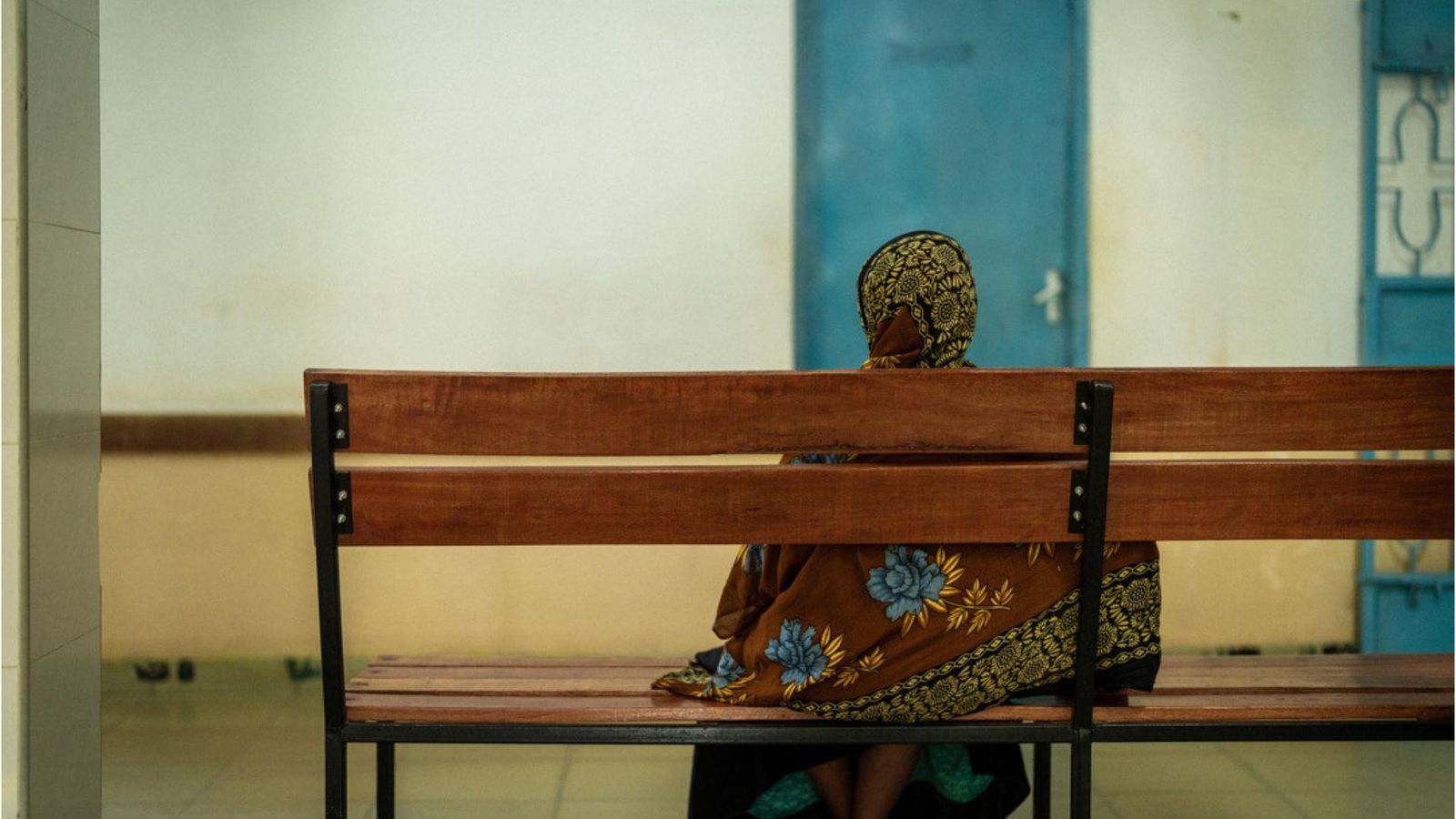
Through the Patient Journey
As healthcare systems have significant impacts on the environment, we support their reduction related to the use of our products. We also contribute to transform delivery and standards of care to better address patients’ needs while minimizing the environmental impacts. Here, we are increasing our collaborations to generate and analyze data required to understand how our treatments can help decarbonize the patient care pathway. We are also contributing to coordinated and collective international initiatives that reduce entire healthcare systems’ environmental footprints and improve their resilience.
Adapting Our Business and Value Chain to Complex Environmental Challenges
Climate change and nature loss can pose both risks and opportunities to the business in the short, mid and long term. Therefore, we are collectively working to adapt our business to the environmental challenges which could impact our ability to support our patients. This includes mitigating the dependencies on natural resources and effects of climate change on our activities and human health.
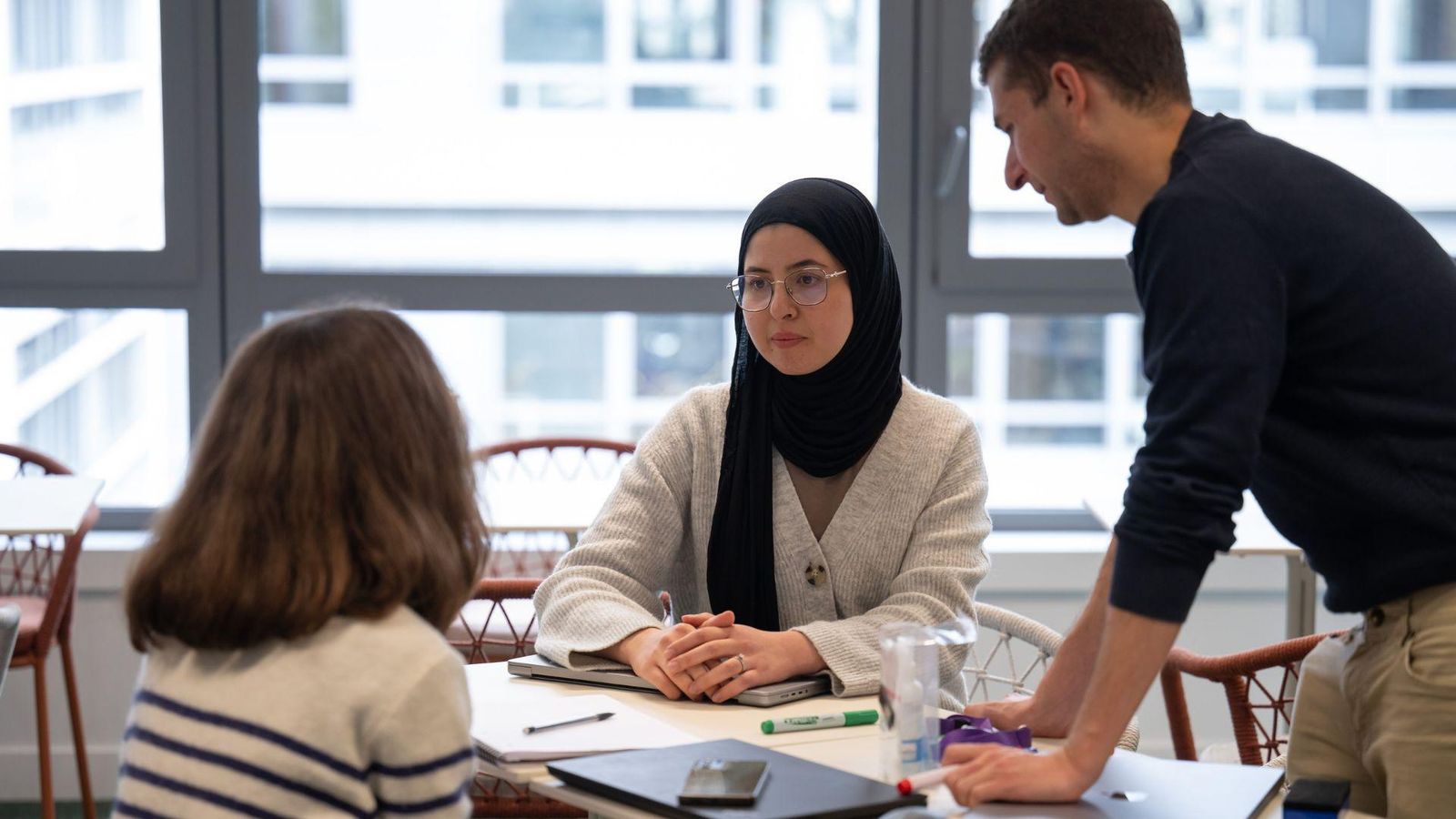
Collaborating for Greater Impact
We know that progress is only possible through the collective power of our people and partners, united by the desire to make an impact.
We’re taking action as one company, and empowering people to do more to protect the planet. Every year, we invest €3 million in turning our employees’ ideas for sustainability into solutions that work.
Strengthening Healthcare System Resilience
We are also contributing to coordinated and collective international initiatives that reduce entire healthcare systems’ environmental footprints and improve their resilience.
For example, Sanofi is actively involved in the Sustainable Market Initiative healthcare system taskforce with the aim to accelerate the delivery of net zero, sustainable healthcare to improve individual, societal and planetary health. The H Task Force is focusing its attention on delivering action in the following three priority areas: Supply chain, clinical trial digitalization and patient care pathway.
Part of the different initiative, Sanofi is leading the “Patient care pathway decarbonization” gathering public and private actors of healthcare systems. Keeping patients at the center, it is critical to focus on identifying opportunities to deliver net-zero patient care while improving health and societal outcomes.
Leading the Pharma LCA Consortium that came together via the Pharmaceutical Environment Group (PEG) with support from the Sustainable Markets Initiative (SMI), we aim to publish in 2025 a standardized LCA framework for measuring, reporting, and communicating product level environmental footprint data for the pharmaceutical sector.
Through partnerships like the Pharmaceutical Supply Chain Initiative (PSCI) and ENERGIZE, we support suppliers in reducing emissions and embedding sustainability across their value chain.
Environmental Impact Factsheets
Climate Change
Circular Economy and Waste Management
Water Stewardship
Biodiversity
Pharmaceuticals in The Environment
Eco-Design
Soil and Ground Water Remediation
Financial Disclosures, Risks, and Opportunities Related to Climate Change
Stronger Together
These are some of the global initiatives we're engaged with.
RE100 Climate Group
Act4nature
Race to Zero
Science-Based Targets
Alliance for Water Stewardship
Transforming Our Ambition Into Action

How Sanofi Is Improving Lives While Reducing Its Emissions
Climate change is one of the biggest threats to health worldwide. As a global healthcare company, we at Sanofi have a unique responsibility to combat it.


